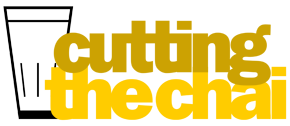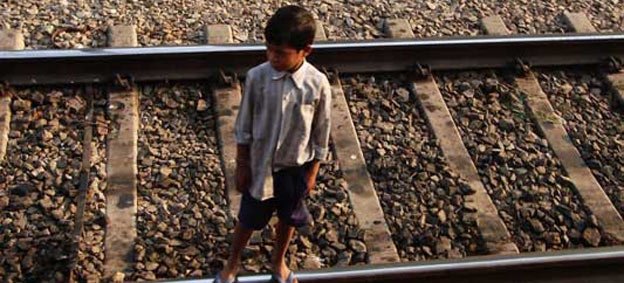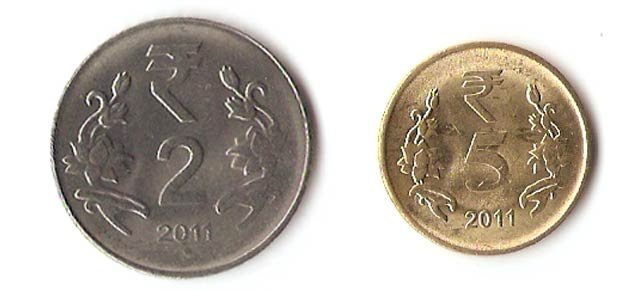Almost everyone seems to be an activist. People who have no clue about what the Jan Lok Pal Bill is all about, are extending their wholehearted support for its implementation. Where there is a tide, the general public tends ride it, not knowing where exactly they will land. The key word here is ‘corruption.’ People identify and detest the term and are all up in arms against it. Good. This is something that should be opposed. But is a law enough? As we all know, it isn’t.
Being an Internet person, I believe that the Internet has been solving many of our problems and it can also be a cure for corruption. In fact, it already is. We only need to increase the dosage and I am not talking Internet activism. Here’s the how and why:
Internet is information, information is power. The Internet provides the public with the necessary information thereby empowering them. Someone conversant with the rules has a lesser chance of being confused by a babu to cough up a bribe.
Internet gives accessibility. The President of India to the block level officer is only an email away. Though many of them may not even glance through their inboxes, there is a sizeable number who do, and take necessary action. I can vouch for that. When repeated requests from my neighbours to the local municipal officials to fix an open manhole fell on deaf ears for weeks, an email to the bosses at Delhi Municipal Corporation got the job done in less than 24 hours. Lodging a complaint no longer requires us to make rounds of a sarkari office, we can do that from the comfort of our homes or offices.
Internet is speed. Delaying services is almost as bad as denying them. There was a time when we had to wait for months for basic services, just because things had to be manually done in government offices. Paying taxes was such a hassle. Either we had to pay up or keep waiting. Ever since the Income Tax Department introduced e-filing of taxes, things have become smoother and more efficient. Tax payers don’t have to give a 10 per cent cut to get their refunds. It gets credited directly to the bank account. Lesser human intervention also means fewer palms to grease. Online railway ticketing has hit the touts and the corrupt railway officials hard.
Internet is open. It is more difficult for officials to obfuscate facts for their petty goals in a networked environment. Everything is on record, therefore tougher for someone to take the shadier route.
Internet gives the safe distance. In most cases it is physical proximity that leads to demands for bribes. The official across the counter can ask for a bribe because you are there, right across the table. The distance and the mask of anonymity that the Internet provides makes it difficult for someone to ask for an unscrupulous payment.
Internet ideal for whistleblowing. Many wrongdoings in organisations across the world have been exposed online. The anonymity and therefore the security that the Internet provides to people makes it an ideal tool to bring out the dirty linen in the public domain. The awareness of power and the reach of the Internet will make potential wrongdoers think twice.
Internet is a million eyes. Delhi Police’s Facebook page is a classic example how the public is helping the authorities in keeping an eye on the law breakers. Recently a user posted photo of a constable accepting a bribe from a building contractor led to action against the policeman and two of his superiors. Most of us have witnessed similar incidents, but didn’t bother to report it given the trouble it entails. But no longer.
Internet is accountability. Along with the demand for a stronger law against corruption that should also be increased pressure on the government to make all government agencies go online with digital records of their public files. A citizen then need not necessarily go through the process of filing an RTI for information. When government files are open to public scrutiny, the officials will be forced to do a good job. This openness, that only the Internet can offer, will not only act as a deterrent against corrupt practices but will also improve efficacy.
Isn’t it better to have a system that doesn’t provide opportunities for corruption than to have one that can only punish the corrupt? How about logging in for this revolution too?
(Cross posted, with some changes, from my blog on IBNLive.com – Pixelated)






A nice viewpoint indeed.
What could add mileage to this system is the increase in the number of users of internet, more and more public services becoming online.
Another point in this wishlist would be an availability of appropriate forum for such discussions to take place.